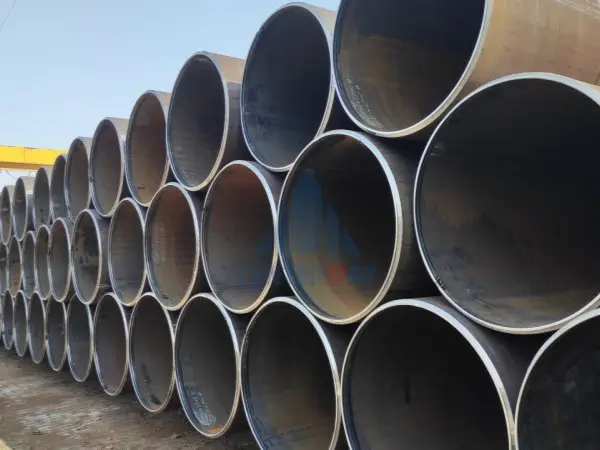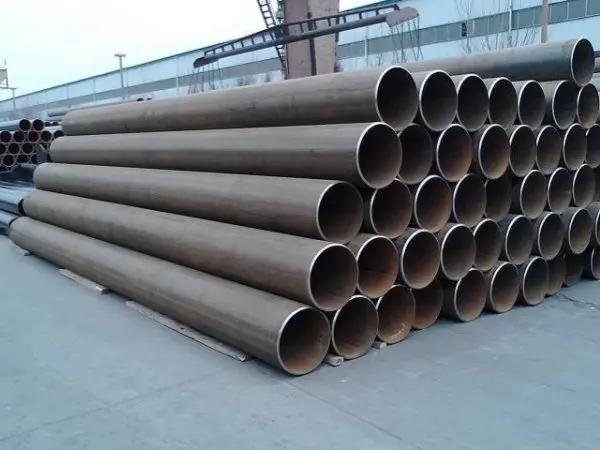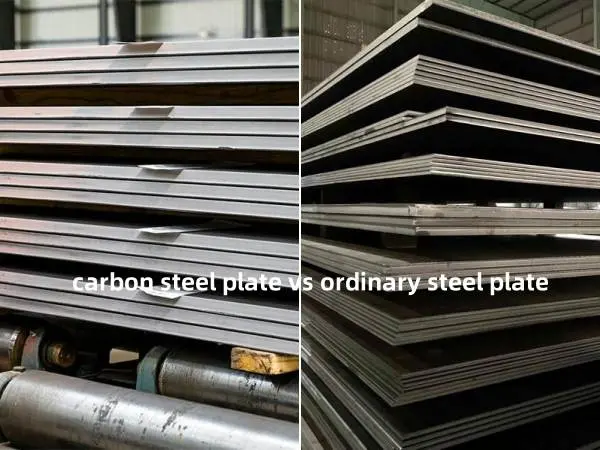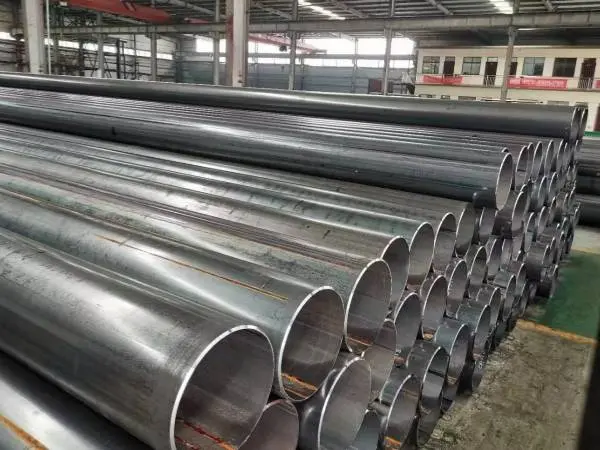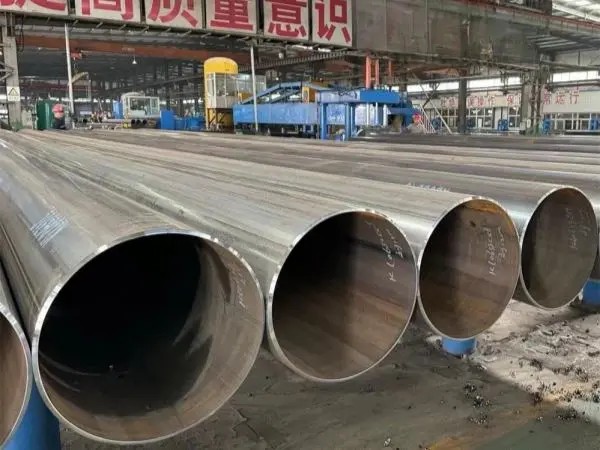- Phone0086 731 8564 8255
- E-mailsales@cscsteel-manufacturing.com
-

Seamless steel pipes for pressure vessels, commonly known as high-pressure boiler tubes, are essential components used in the manufacture of various pressure vessels and boilers. Their primary function is to transport media under high temperature and pressure to equipment such as power station boilers, chemical machinery, and nuclear power plant systems. Consequently, these pipes must exhibit exceptional performance characteristics, including excellent mechanical properties, high-temperature resistance, corrosion resistance, and reliable weldability.
Standards for Seamless Steel Pipes for Pressure Vessels
Different countries and regions impose specific technical requirements for seamless steel pipes used in pressure vessels. These standards typically cover aspects such as chemical composition, mechanical properties, pressure resistance, heat resistance, corrosion resistance, and weldability.
Here’s a summary of the standards in China, the United States, and Europe:
Chinese Standard: GB/T 5310
GB/T 5310 is a national standard in China that applies to the manufacture of seamless steel pipes for high-pressure and ultra-high-pressure boilers, as well as for chemical and petrochemical equipment. This standard mandates that the chemical composition of the steel pipes meet international norms, while mechanical properties and pressure resistance exceed these standards. It also emphasizes high temperature resistance, corrosion resistance, and good weldability.
American Standard: ASTM A192
ASTM A192 is a national standard in the U.S. for seamless steel pipes used in various pressure vessels, including high-pressure and ultra-high-pressure boilers, heaters, and heat exchangers. Similar to the Chinese standard, it requires the chemical composition to comply with international standards, while the mechanical properties and pressure resistance must surpass them. Additionally, it mandates high temperature resistance, corrosion resistance, and weldability.
European Standard: EN 10216-2
EN 10216-2 is a European standard applicable to the manufacture of seamless steel pipes for various pressure vessels, including high-pressure and ultra-high-pressure boilers, and chemical and petrochemical equipment. This standard requires the chemical composition to meet international standards, and it also demands superior mechanical properties, pressure resistance, high-temperature resistance, and corrosion resistance compared to international norms, though it has relatively lower requirements for weldability.
In summary, seamless steel pipes for pressure vessels play a crucial role in various high-stress environments, and adherence to these standards is vital for ensuring their performance and safety.
